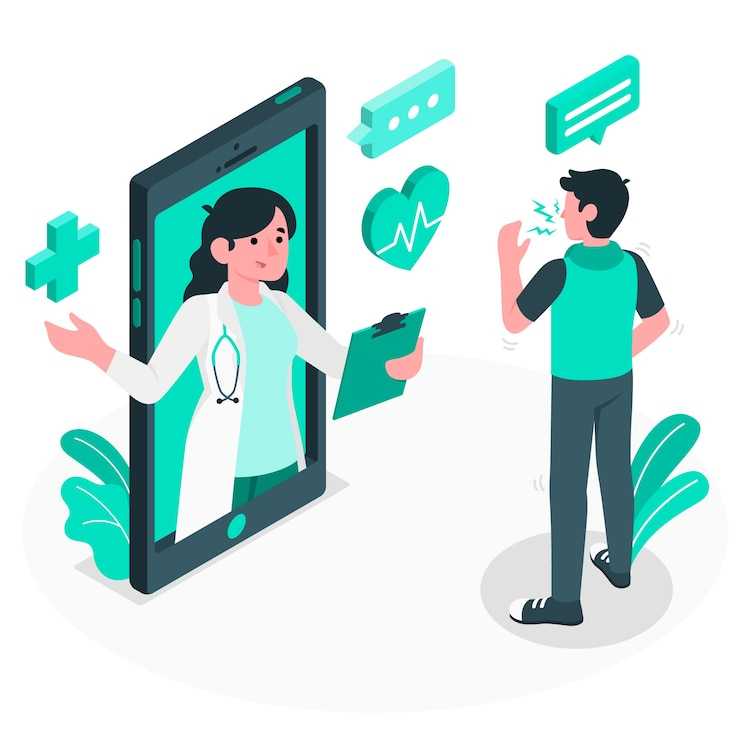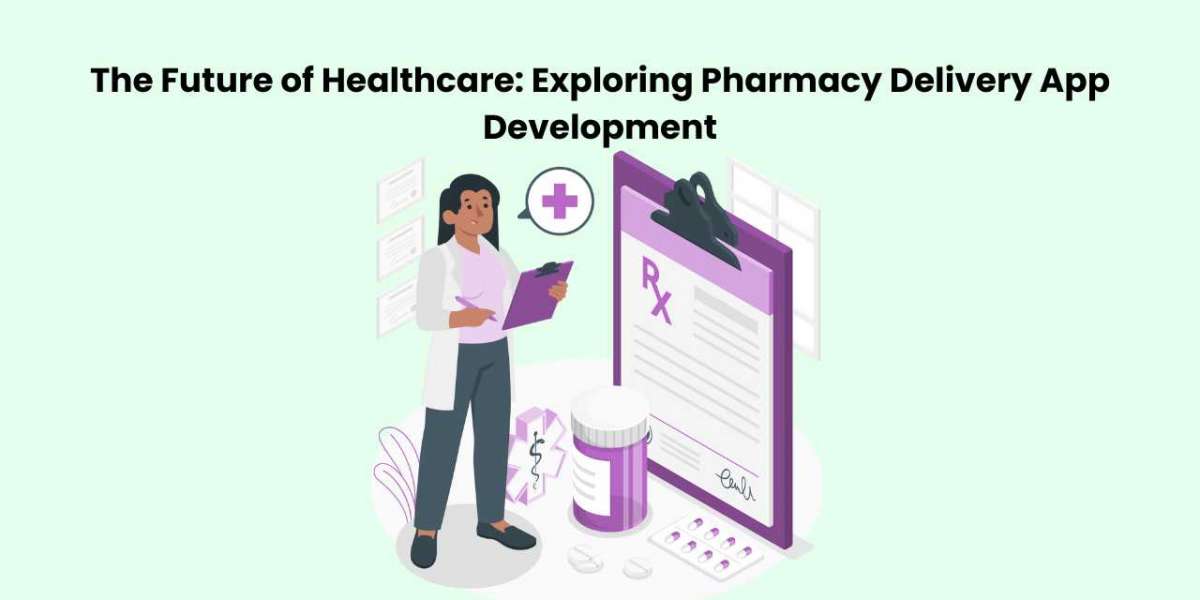The healthcare industry is rapidly evolving, and technology is playing a crucial role in improving patient care and accessibility. One of the most significant advancements in recent years is the rise of pharmacy delivery apps, which make it easier for people to get their medications without having to visit a pharmacy physically.
As more consumers shift towards digital solutions for their healthcare needs, pharmacy delivery app development is becoming a vital aspect of the industry. In this blog, we will explore the future of healthcare with pharmacy delivery apps, their key benefits, and what makes a successful app in this space.
The Growing Demand for Pharmacy Delivery Apps
Why Are Pharmacy Delivery Apps Gaining Popularity?
With busy lifestyles and increasing health concerns, people are looking for convenient ways to access their medications. Pharmacy delivery apps provide a seamless solution by allowing users to order their medicines online and have them delivered to their doorstep.
Several factors are driving the growth of these apps, including:
- The increasing use of smartphones and mobile applications
- The growing elderly population requires regular medication
- The convenience of home delivery, especially for chronic patients
- The rise of telemedicine, which often integrates with online pharmacies
As a result, more healthcare businesses and pharmacies are investing in app development to meet the changing needs of consumers.
How Pharmacy Delivery Apps Are Changing Healthcare
Improving Accessibility to Medicines
One of the biggest advantages of pharmacy delivery apps is that they provide better access to medicines, especially for people living in remote areas or those with mobility issues. These apps ensure that customers can get their required medications without having to travel long distances.
Enhancing Patient Convenience
Gone are the days when patients had to stand in long queues at pharmacies. With a few taps on their smartphones, they can now order their medicines from the comfort of their homes. Features like doorstep delivery, order tracking, and digital payments make the process even more convenient.
Reducing Medication Non-Adherence
Many patients forget to take their medicines on time or fail to refill their prescriptions. Pharmacy apps can send reminders for medication intake and automatic refill alerts, ensuring that patients stay on track with their treatments.
Increasing Efficiency for Pharmacies
For pharmacies, these apps streamline inventory management and reduce manual errors in prescription handling. Automated order processing and integration with electronic health records make operations smoother and more efficient.
Key Features of a Pharmacy Delivery App
User-Friendly Registration and Profile Management
A pharmacy delivery app should have an easy sign-up process, allowing users to register using their phone number, email, or social media accounts. The profile management section should include:
- Personal information and delivery address
- Medical history and prescriptions
- Payment details for quick transactions
Prescription Upload and Verification
Many medications require a valid prescription before purchase. A feature allowing users to upload prescriptions directly through the app ensures that the process remains compliant with medical regulations. Pharmacies can verify and approve prescriptions digitally, making the process faster and more efficient.
Smart Search and Drug Information
Users should be able to search for medicines quickly by name, category, or symptoms. Additionally, providing detailed information about each medicine, including dosage, usage instructions, and side effects, helps customers make informed decisions.
Seamless Ordering and Payment Options
A smooth ordering process is essential for a good user experience. The app should allow customers to add medicines to their cart, apply discount codes, and choose from multiple payment options, such as:
- Credit/debit cards
- Digital wallets
- Cash on delivery
Secure payment gateways should be integrated to ensure data protection and fraud prevention.
Real-Time Order Tracking
Customers appreciate transparency when it comes to deliveries. A real-time tracking feature enables users to see the status of their order, from processing to dispatch and delivery. Providing an estimated delivery time and notifications about any delays improves customer satisfaction.
Subscription and Refill Reminders
A subscription feature can be beneficial for patients who require regular medication. Users can set up automatic refills, ensuring that they never run out of essential medicines. Timely notifications and reminders help them stay on top of their prescriptions.
AI Chatbot and Customer Support
An AI-powered chatbot can answer common queries related to medicine availability, orders, and prescriptions. For more complex concerns, customers should have the option to connect with a live support agent or a pharmacist for expert guidance.
Multi-Pharmacy Integration
Instead of limiting orders to a single pharmacy, integrating multiple pharmacies gives customers more options. They can compare prices, choose their preferred pharmacy, and get faster deliveries based on location.
Compliance and Data Security
Since pharmacy apps handle sensitive patient information, data security is a top priority. The app should comply with healthcare regulations like HIPAA and GDPR, ensuring that customer data remains private and secure.
Read More: Online Pharmacy Delivery App: Save your Pharmacy Business in Covid-19
The Future of Pharmacy Delivery App Development
Integration with Telemedicine
Many healthcare providers are now integrating pharmacy delivery apps with telemedicine platforms. This allows patients to consult a doctor online and receive prescriptions directly through the app, streamlining the entire process.
AI-Powered Health Recommendations
Artificial intelligence is expected to play a bigger role in pharmacy apps. AI can analyze a user’s medical history and provide personalized recommendations for medicines, supplements, and lifestyle changes.
Drone and Robot Deliveries
Some companies are experimenting with drone and robotic deliveries to speed up the process. While this technology is still in its early stages, it has the potential to revolutionize last-mile delivery services.
Blockchain for Prescription Management
Blockchain technology can enhance security and transparency in prescription management. It ensures that medical records are tamper-proof and allows doctors, pharmacists, and patients to access information securely.

Conclusion
Pharmacy delivery apps are shaping the future of healthcare by making medicines more accessible, improving patient convenience, and streamlining pharmacy operations. As the demand for digital healthcare solutions grows, businesses need to invest in feature-rich, secure, and user-friendly apps to stay competitive.
By incorporating smart search, real-time tracking, AI-driven recommendations, and multi-pharmacy integration, pharmacy apps can enhance the overall healthcare experience. Additionally, compliance with security regulations ensures user data remains protected.
If you’re looking for a business model that combines multiple services in a single app, you can take inspiration from the Gojek clone app development. This approach allows businesses to integrate various healthcare and delivery solutions, offering customers a one-stop platform for their medical needs.







